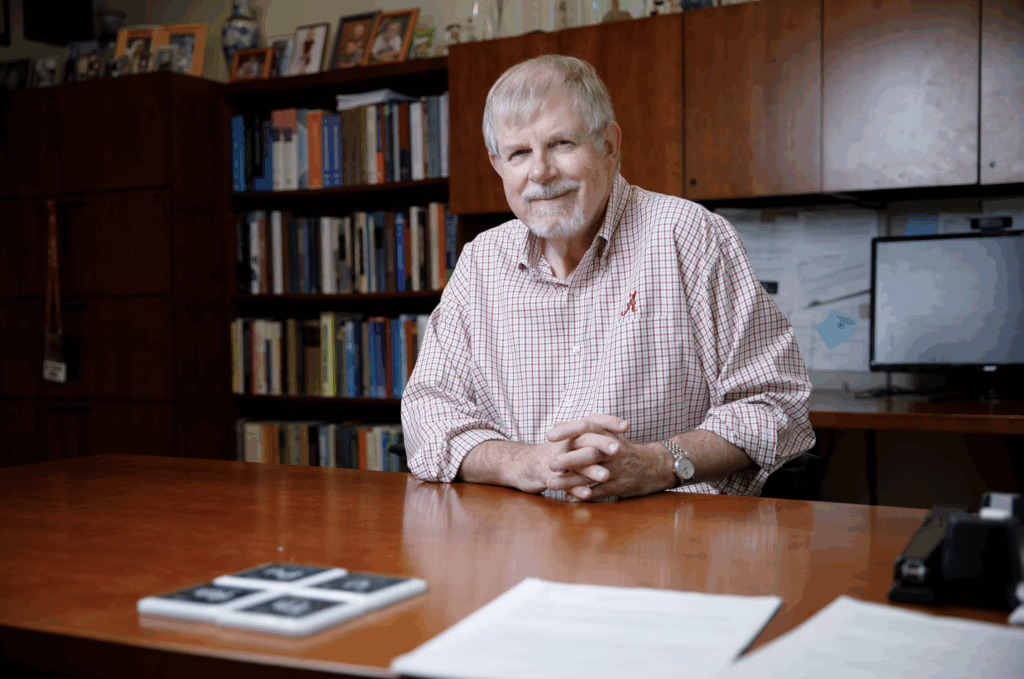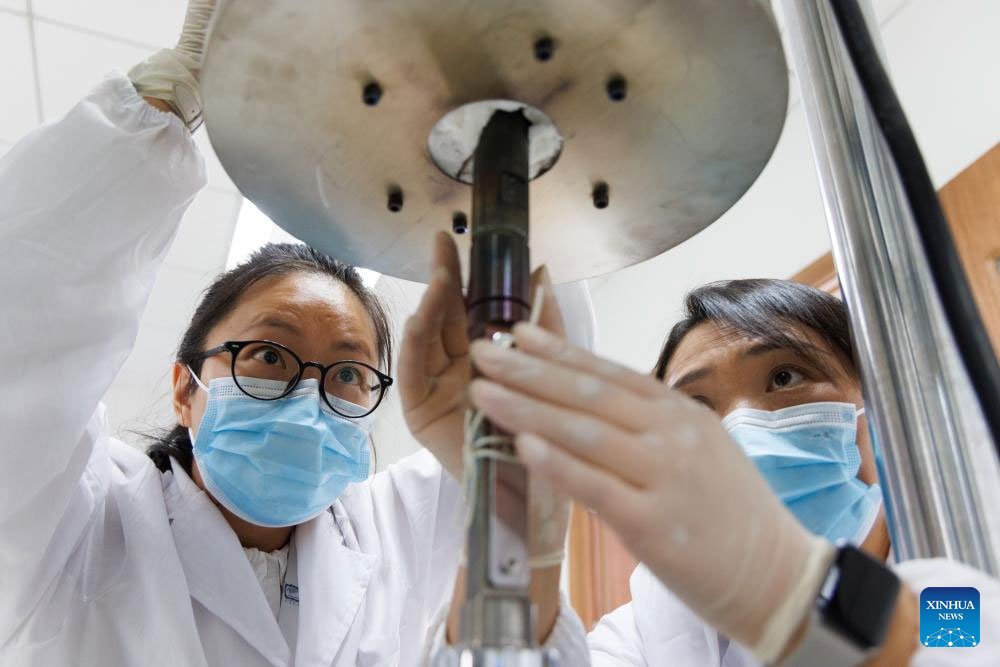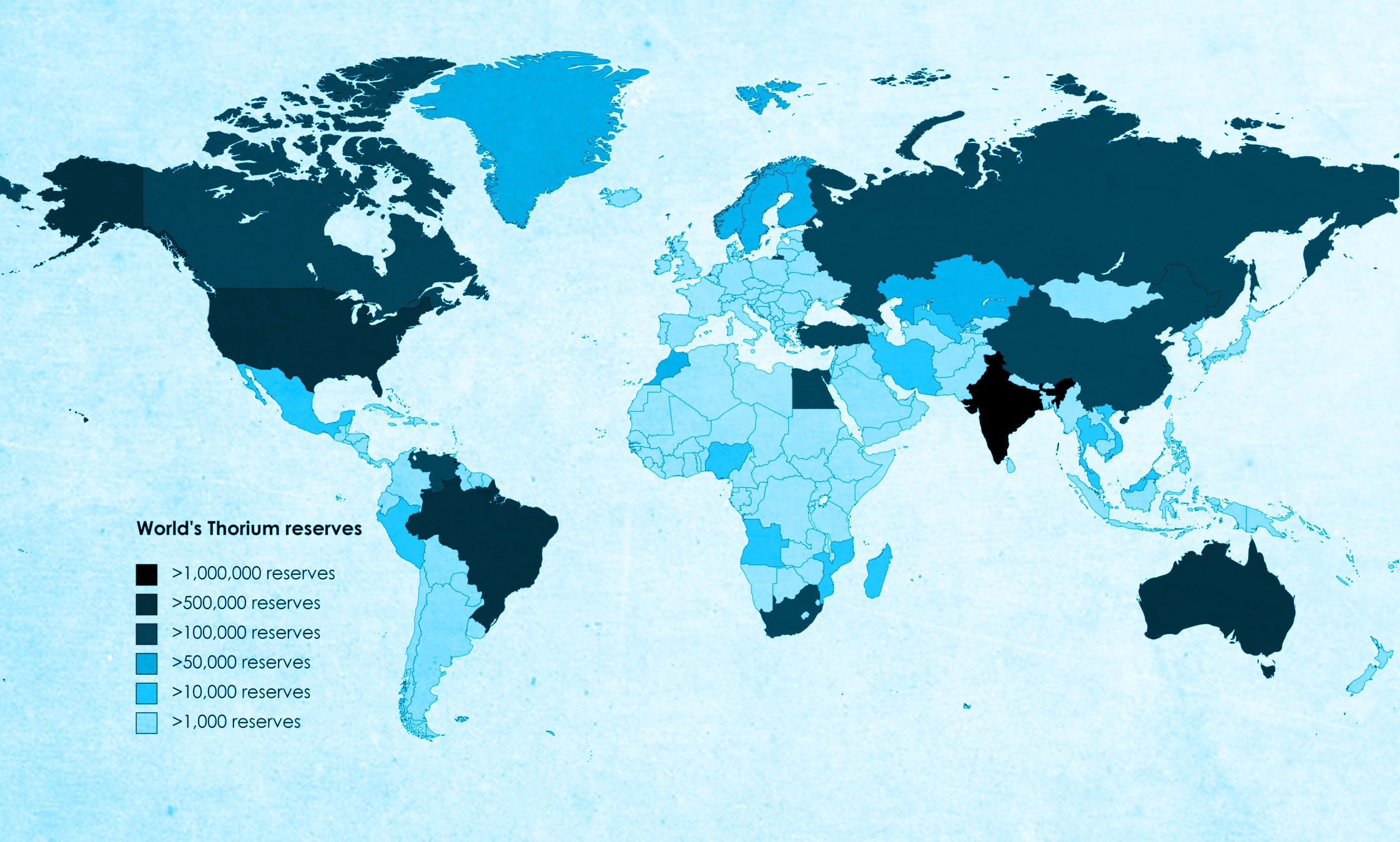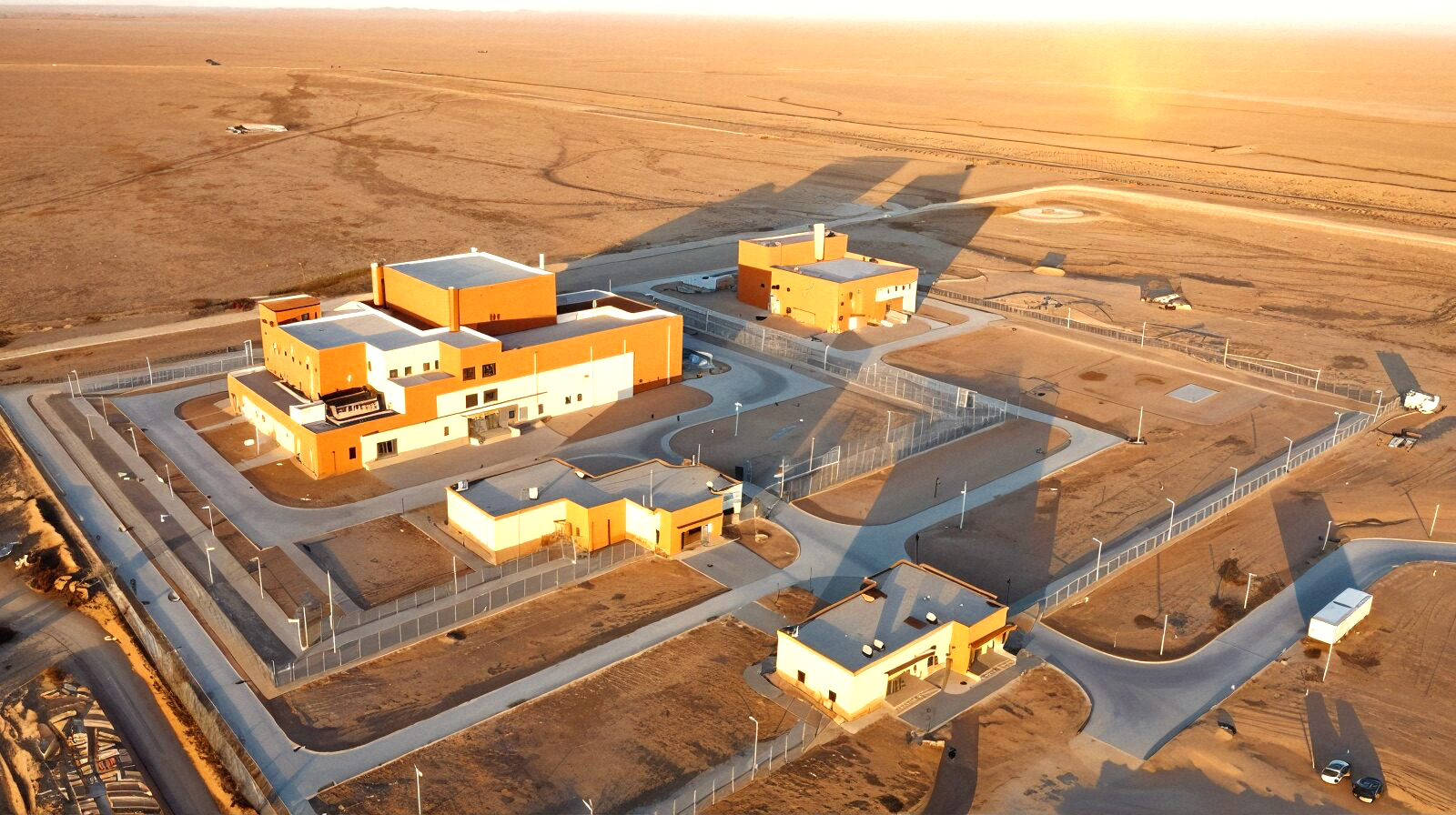Two of the nation’s fastest supercomputers will support a major research effort led by University of Alabama chemist Dr. David Dixon (pictured above) to improve next-generation nuclear fuels—including thorium—and strengthen strategies for cleaning up legacy nuclear sites.
The U.S. Department of Energy has awarded the team 250 million processor hours on high-performance machines at Oak Ridge and Argonne National Laboratories. These resources will allow researchers to run quantum-level simulations of complex chemical systems, offering insights that are too costly or too dangerous to obtain through direct experiments with radioactive materials.
According to Dixon, the simulations can reveal molecular-scale behavior in potential new fuels and help guide experimental work more efficiently. The project includes efforts to refine thorium-fuel processing, deepen understanding of uranium chemistry and support cleanup operations at sites such as Hanford and Savannah River.
The collaboration brings together scientists from multiple universities and national laboratories, supported through the DOE’s INCITE program. By combining advanced computing with nuclear chemistry, the team hopes to accelerate breakthroughs in reactor technology and improve management of radioactive waste.







